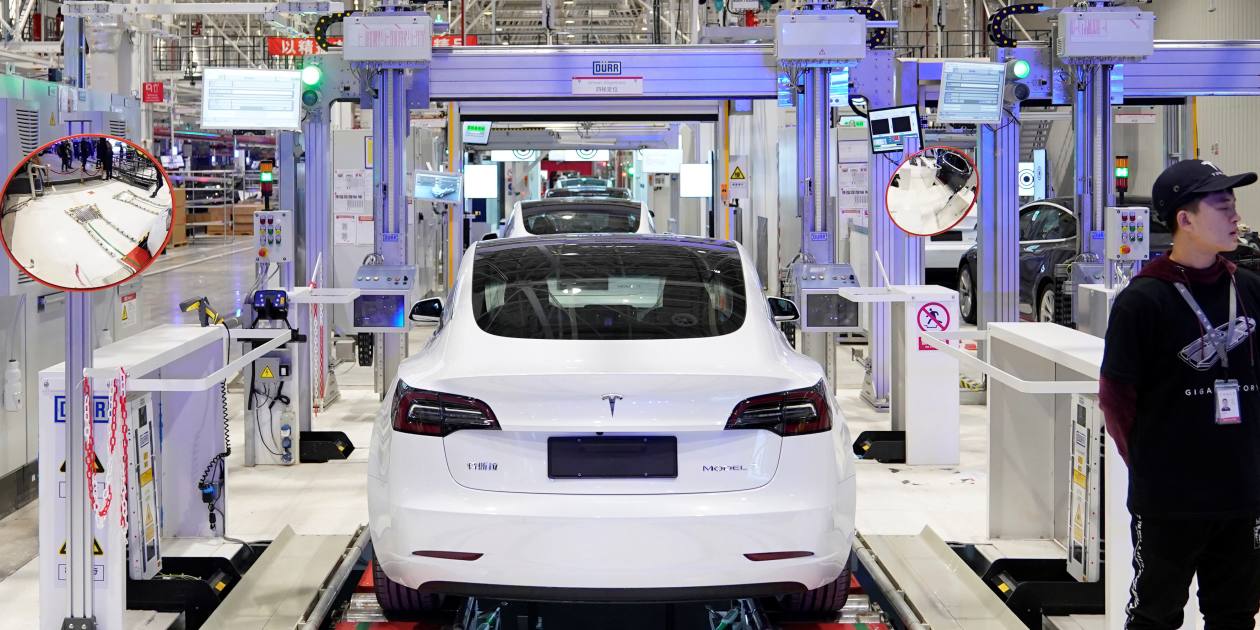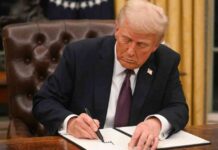Tesla’s Geopolitical Strategy
In a bold move, Tesla has instructed its suppliers to shift production of components and parts away from both China and Taiwan amidst escalating geopolitical tensions. This decision highlights the growing uncertainties in the global supply chain landscape and the increasing competition faced by the American electric vehicle manufacturer from Chinese rivals.
Tesla, known for its innovative approach to manufacturing, is now looking to diversify its supply chain and reduce its reliance on key manufacturing hubs. Suppliers responsible for producing crucial components like printed circuit boards, displays, and electronics control unit systems for Tesla vehicles sold outside of China have been directed to explore alternative production locations. This strategic shift is set to take effect as early as next year, signaling Tesla’s proactive stance in mitigating geopolitical risks and safeguarding its supply chain resilience.
Implications for Tesla’s Global Operations
The decision to move production outside of China and Taiwan is expected to have far-reaching implications for Tesla’s global operations. By decentralizing its supply chain and sourcing components from a more geographically diverse set of suppliers, Tesla aims to enhance its operational flexibility and reduce exposure to geopolitical disruptions. This strategic realignment underscores Tesla’s commitment to staying ahead of the curve in the rapidly evolving automotive industry landscape.
Moreover, by proactively addressing geopolitical uncertainties and diversifying its supplier base, Tesla is positioning itself for long-term success and sustainable growth. As the competition intensifies and market dynamics continue to evolve, Tesla’s strategic decision to push suppliers towards producing parts outside of China and Taiwan underscores the company’s agility and adaptability in navigating complex geopolitical realities.
Future Prospects and Industry Trends
Looking ahead, Tesla’s move to shift production away from China and Taiwan is likely to set a precedent for other global manufacturers grappling with similar challenges in the current geopolitical climate. As supply chain disruptions and geopolitical tensions continue to impact businesses worldwide, companies across industries are reevaluating their sourcing strategies and exploring new avenues for operational resilience.
In conclusion, Tesla’s proactive approach to diversifying its supplier base and mitigating geopolitical risks reflects a strategic foresight that will likely position the company for sustained success in an increasingly volatile global landscape. By prioritizing supply chain resilience and operational agility, Tesla is setting a new standard for industry best practices and paving the way for a more secure and sustainable future in the competitive automotive market.





















